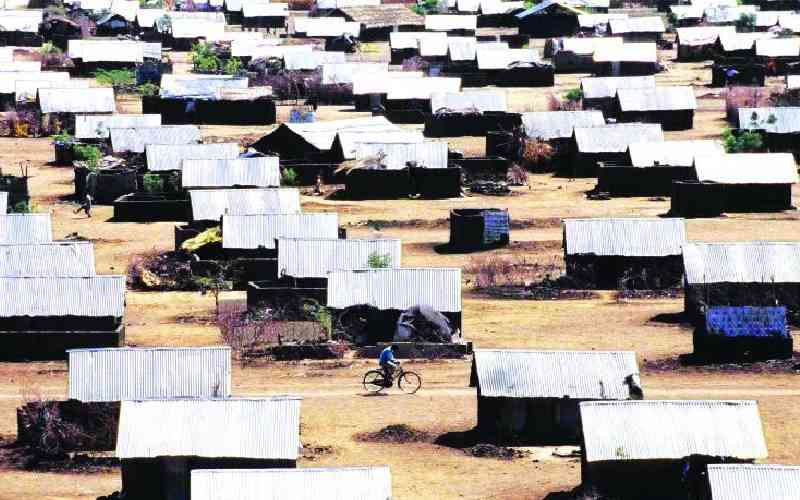
In November last year, I met members of the Young Parliamentarians Group of Kenya who asked me what, in my view, should to the refugees streaming into Kenya. I flippantly replied that Kenya is blessed, and "to those whom much is given, much is expected".
Today, I am an elected member of the East African Legislative Assembly and I sit on the Committee for Regional Affairs and Conflict Resolution and the issue of refugees is high on our agenda. Refugees are a serious problem in Kenya and our entire region. As I study the issue with a view to coming up with a common policy, my flippant remark comes back to haunt me.